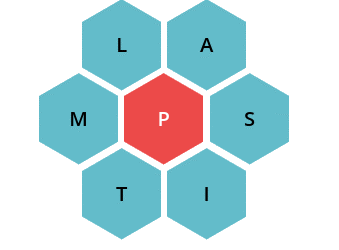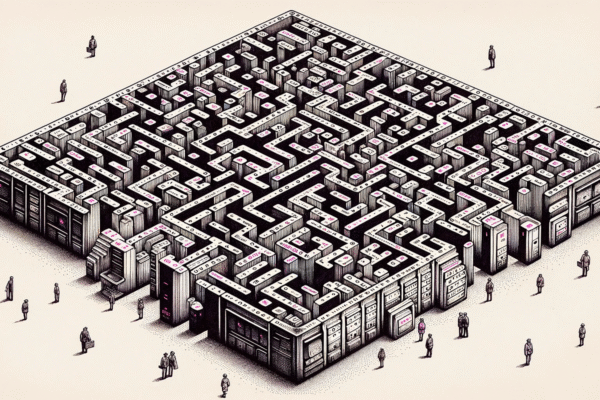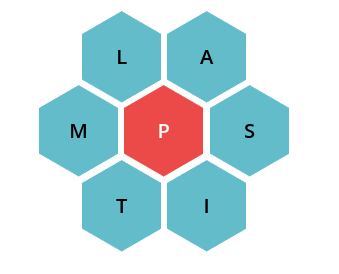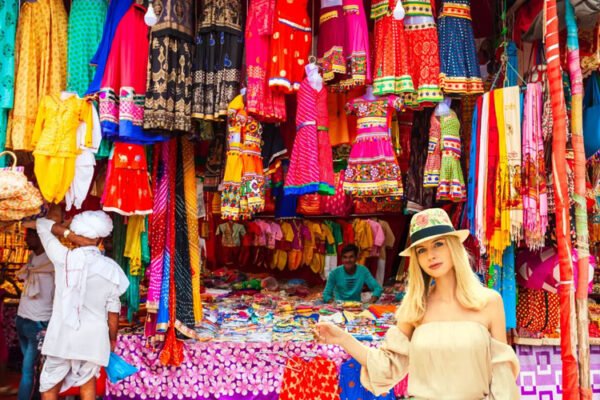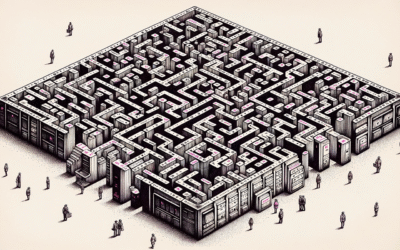
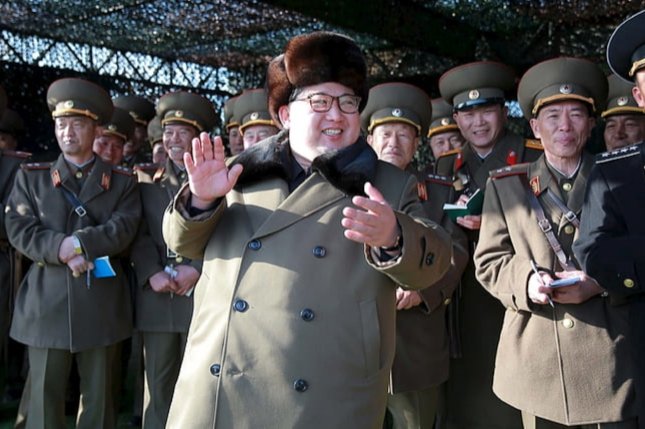
Kim Jong Un News Today: North Korea’s Leader in the Spotlight

The name Kim Jong Un evokes a mixture of fascination, intrigue, and fear. As the leader of North Korea, a country known for its secrecy and isolation, Kim has commanded global attention since taking over in 2011 after the death of his father, Kim Jong Il. His leadership has been marked by a blend of authoritarian control, nuclear ambition, and carefully orchestrated public appearances. In recent developments, Kim Jong Un has been a central figure in several key events, from diplomatic negotiations to military parades and missile tests. Today, we explore the latest news surrounding the North Korean leader and what it means for the region and the world.
—
A New Round of Missile Tests
Kim Jong Un’s regime has made headlines once again with a fresh round of missile tests, causing concern in South Korea, Japan, and the United States. North Korea’s missile program has been one of the most contentious issues in international diplomacy, and the country’s repeated missile launches continue to heighten tensions on the Korean Peninsula.
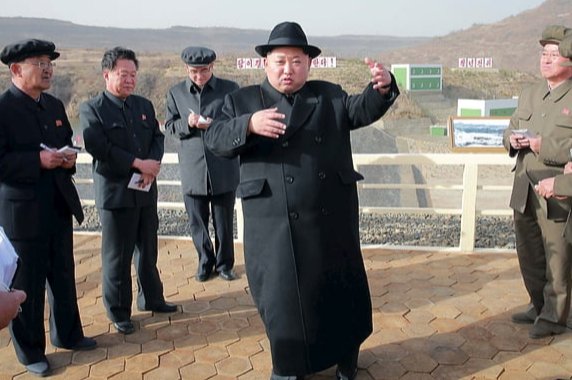
The latest tests involved what North Korean state media described as a “newly developed” ballistic missile. The missile, reportedly launched from a submarine, demonstrates the country’s growing capabilities in terms of underwater warfare and nuclear deterrence. Analysts are particularly concerned about this development, as a submarine-launched missile is harder to detect and can be deployed from a variety of locations, making it more difficult to defend against.
In response, South Korea and Japan have ramped up their defense measures. South Korea’s military, in particular, has increased its surveillance of the North and conducted joint drills with the United States to ensure readiness in the event of a conflict. This escalation in military activities has prompted calls for dialogue, but the North has remained firm in its stance, justifying the tests as necessary for its self-defense.
—
Kim Jong Un’s Diplomatic Maneuvering
Despite the ongoing missile tests, Kim Jong Un has not completely abandoned diplomacy. In fact, recent reports suggest that the North Korean leader has been quietly engaging in back-channel talks with both China and Russia, seeking to bolster his country’s strategic position. These diplomatic moves come as relations with the United States remain strained.
During a recent state visit to Beijing, Kim was seen in meetings with Chinese President Xi Jinping. The two leaders discussed a range of issues, from economic cooperation to regional security. For North Korea, China remains a key ally, and Kim Jong Un has been careful to maintain strong ties with his neighbor, especially as international sanctions continue to cripple the North Korean economy.
Similarly, Kim has sought to deepen his relationship with Russia. Reports have surfaced of high-level discussions between North Korean and Russian officials, with both countries reportedly exploring the possibility of military cooperation. This potential alliance, coupled with North Korea’s missile advancements, is likely to raise alarms in the West, particularly in Washington, where policymakers are already grappling with an increasingly complex geopolitical landscape.
—
The Humanitarian Situation in North Korea
While Kim Jong Un’s missile tests and diplomatic maneuvers dominate headlines, the humanitarian crisis in North Korea continues to worsen. The country’s isolation, exacerbated by the COVID-19 pandemic, has led to widespread food shortages and a deteriorating health care system.
According to the United Nations, millions of North Koreans are suffering from chronic malnutrition, with many living in extreme poverty. The situation has been made worse by the government’s prioritization of military spending over the needs of its population. International organizations have repeatedly called on Kim Jong Un to allow humanitarian aid into the country, but so far, the regime has remained resistant, citing concerns over the potential spread of foreign influences.
In a rare public address, Kim Jong Un recently acknowledged the country’s food shortages, calling the situation “tense.” However, he stopped short of outlining any concrete measures to address the crisis, instead blaming external factors such as sanctions and natural disasters for the country’s economic struggles.
—
Kim Jong Un’s Health and Public Image
Speculation about Kim Jong Un’s health has been a recurring theme in international media. Over the past few years, there have been several reports of the North Korean leader’s ill health, ranging from rumors of heart surgery to claims that he was in a vegetative state. Each time, these rumors have been dispelled by Kim’s public appearances, although his noticeably fluctuating weight and occasional absences from the public eye continue to fuel speculation.
In recent months, Kim Jong Un has made a series of public appearances, showcasing a slimmer physique, which has led some analysts to suggest that the leader has undergone a significant health transformation. North Korean state media has capitalized on this new image, portraying Kim as a leader who is both physically and mentally strong, capable of guiding the country through its challenges.
This emphasis on Kim’s health and vitality is part of a broader effort by the regime to solidify his position as the undisputed leader of North Korea. State-run media outlets have been carefully curating his image, often depicting him in staged photoshoots, inspecting military installations or overseeing factory operations. These images serve to reinforce the narrative that Kim Jong Un is in full control, both of his health and of the country.
—
International Reactions to Kim Jong Un’s Leadership
Kim Jong Un’s leadership has elicited a range of reactions from the international community. On one hand, his pursuit of nuclear weapons and aggressive rhetoric have made him a pariah on the global stage, leading to widespread condemnation and the imposition of sanctions. On the other hand, his willingness to engage in diplomacy, particularly with former U.S. President Donald Trump, has led some to see him as a shrewd negotiator, capable of playing the long game in international politics.
Countries like South Korea and Japan remain deeply concerned about North Korea’s nuclear ambitions and have called for increased pressure on the regime to denuclearize. However, the effectiveness of such pressure remains in doubt, as North Korea continues to develop its missile program despite the sanctions.
China and Russia, meanwhile, have taken a more conciliatory approach, advocating for dialogue and opposing further sanctions. Both countries have significant strategic interests in maintaining stability on the Korean Peninsula, and they have been reluctant to push too hard against Kim Jong Un, fearing that doing so could lead to further destabilization.
—
The Future of North Korea Under Kim Jong Un
As Kim Jong Un enters his second decade of rule, the future of North Korea remains uncertain. On one hand, the regime has demonstrated remarkable resilience, surviving despite economic hardships and international isolation. On the other hand, the country’s reliance on military might and authoritarian control may not be sustainable in the long term, especially as the global political landscape shifts.
In the short term, it is likely that Kim Jong Un will continue to pursue his dual strategy of military advancement and selective diplomacy. However, the long-term stability of North Korea will depend on a range of factors, including the country’s ability to address its internal challenges, such as food shortages and economic stagnation, as well as its relationships with key international players like China, Russia, and the United States.
—
Conclusion: The Complex Legacy of Kim Jong Un
Kim Jong Un remains one of the most enigmatic and controversial figures in global politics. His leadership has been marked by a series of contradictions: a leader who is both ruthless and diplomatic, secretive and public, militaristic and, at times, pragmatic. As the world watches his next moves, one thing is certain: Kim Jong Un will continue to shape the course of North Korean history, for better or for worse.
The latest developments in North Korea highlight the precarious balance Kim must maintain between asserting his country’s independence and managing its many internal and external challenges. Whether through missile tests, diplomatic outreach, or carefully managed public appearances, Kim Jong Un will remain at the center of global attention, as the world seeks to understand the man behind the headlines.


